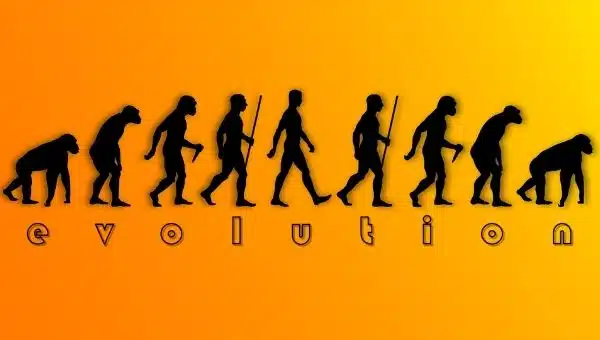- Why did we start believing in human rights, gods, and more?
- He talks about the evolution of human behavior and how we adapted through the entire climate, ecological and environment…
- He presents what history says of genes and what genes nowadays say about our genes.
- Some shocking discoveries of hominid sites raise questions on the structure of how we define human beings.
- Did this species exist before or after Homo sapiens?
- Also Read: 6 Times When Famous Authors Hated Their Own Book
The world of biology is vast and endless. Leaving the Titanoboa and dinosaurs behind the planet earth got the proper atmosphere for human beings to dwell. In this article, we are going to read about books that uncover the secrets of human evolution – from the history of origin, how human beings managed to survive on this planet and how human beings adapted and went from Dryopithecus to Homo Sapiens Sapiens.
Books that Uncover the Secrets of Human Evolution:
Sapiens – Yuval Noah Harari
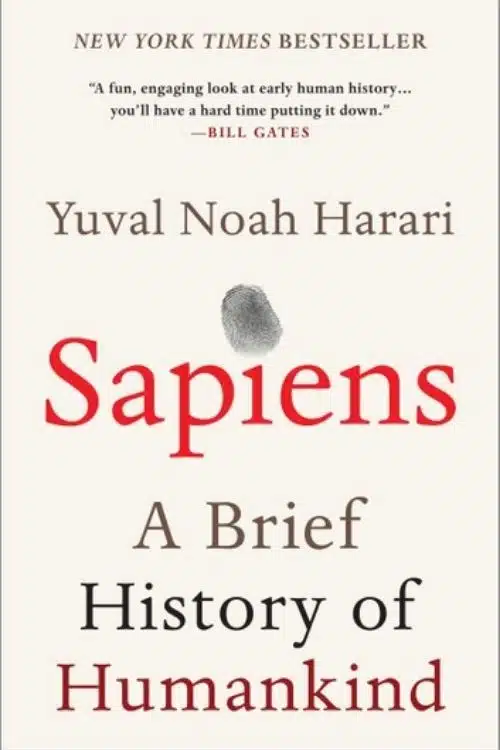
Over 10,000 years ago there were at least six kinds of human species on earth and at present, it’s just as Homo sapiens. In ‘Sapiens’, Harari has explored how did we survive the battle of survival? Why did our ancestors plan to build create cities and kingdoms? Why did we start believing in human rights, gods, and more? Wherefrom the concept of Books and laws arrived?
Lone Survivors – Chris Stringer
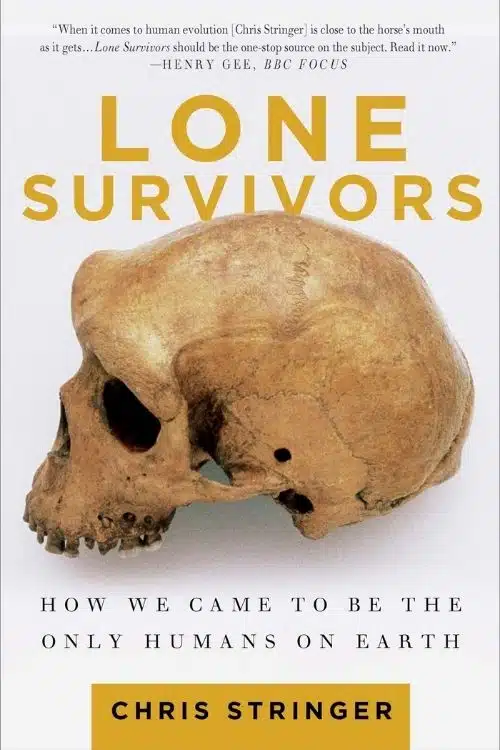
Stringer takes his readers on a journey of human origin based on evidence of fossils. He also presents the recent works on geo-chronological, paleo-climatology, and geology. He talks about the evolution of human behavior and how we adapted through the entire climate, ecological and environmental changes. It touches all the aspects that made us human after crossing the stages from where our ancestors started almost as apes.
The Third Chimpanzee – Jared Diamond
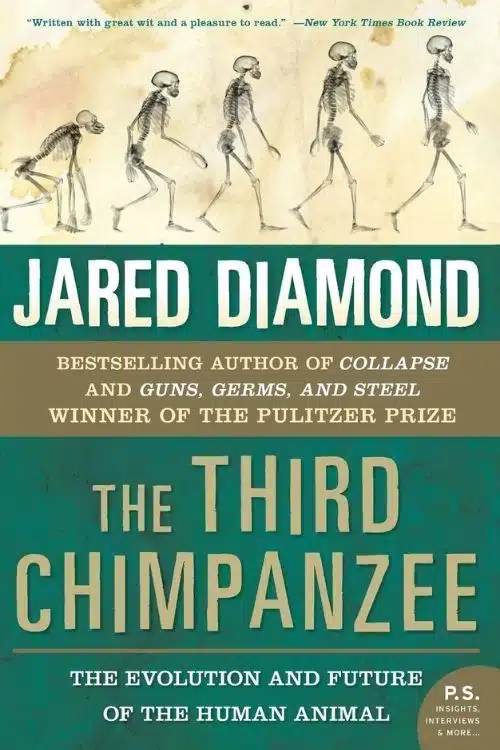
At a certain point about 100,000 years ago humans began to differentiate from the behaviors of other animals and then eventually came the ability of language, religion, art, inventions such as spacecraft, nuclear weapons, and more. With the progress of science which built nuclear weapons which simultaneously built violence, so where did this come from? Is violence the final result for humans or is there any for us in the future?
A Brief History of Everyone Who Ever Lived – Adam Rutherford
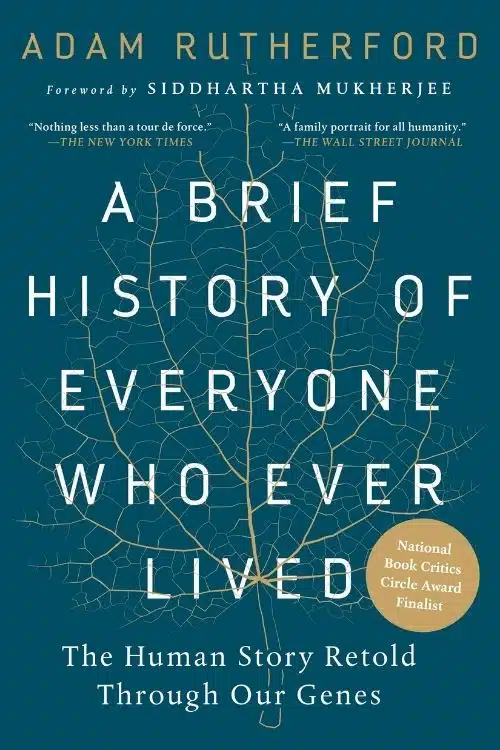
In every one of our genomes, we all endure the past of our births, disease, war, migration, famine, sex, and deaths. This book of Rutherford is about that – us. In 2001, when scientists and experts first read about genomes, since then it has been a part of the speculation, controversy, claims, and myths. Even the writer says that genomes should be read like epic poems and not truction manual. He presents what history says of genes and what genes nowadays say about our genes.
Masters of the Planet – Ian Tattersall
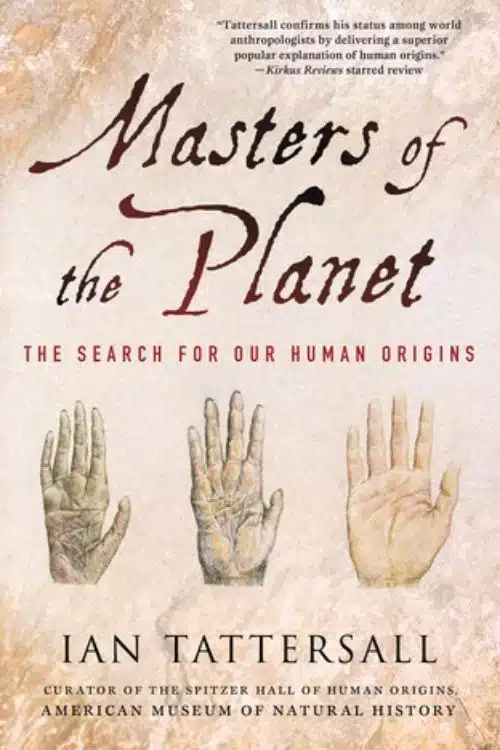
About 50,000 years ago from now on our ancestors were struggling for existence and conflicting with other human species just as the same as their precursors did more than millions of years ago. Something was different about our species that it stood out and survived when the rest went extinct. What was it that made us fit for survival? After vast studies and surveys, the writer argues that we Homo sapiens obtained traits that were not results of long-term evolutionary modification but instead emerged swiftly and surprisingly altered the world forever.
Who We Are and How We Got Here – David Reich
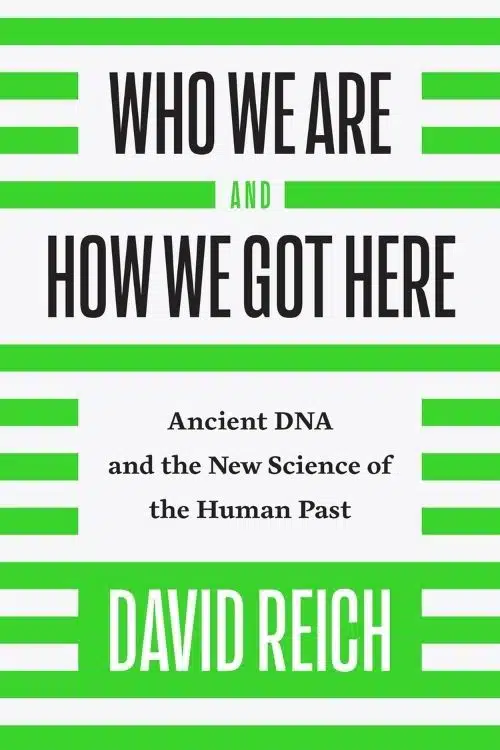
This 2018 book is about the contribution of wide ancient DNA research to our population genetics. His exploration concludes that almost all human populations are a blending result of a few population migrations and gene flow.
Almost Human – Lee Berger
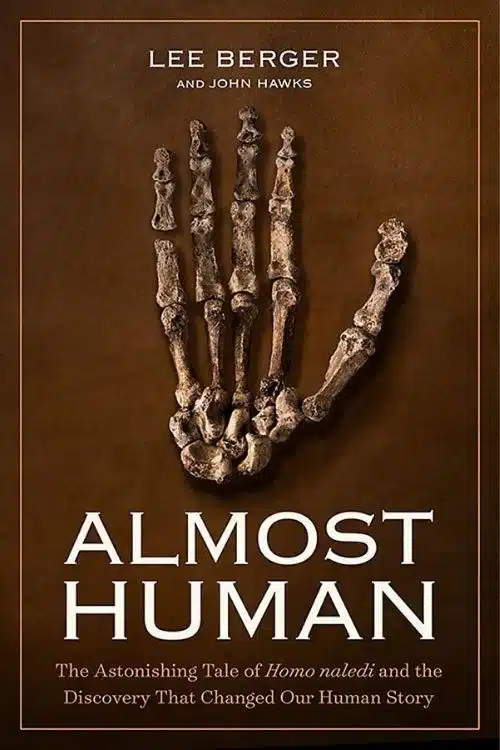
This book is Berger’s exploration and observation on Homo Naledi, new species on the family tree of human species, and the revolutionary discoveries of the 21st century. Some shocking discoveries of hominid sites raise questions on the structure of how we define human beings. Did this species exist before or after Homo sapiens? How the cave has nothing but the remains of these individuals? Did another species just like we or perhaps more advanced existed along with us? Berger has addressed all of these questions in Almost Humans.
Also Read: 6 Times When Famous Authors Hated Their Own Book
